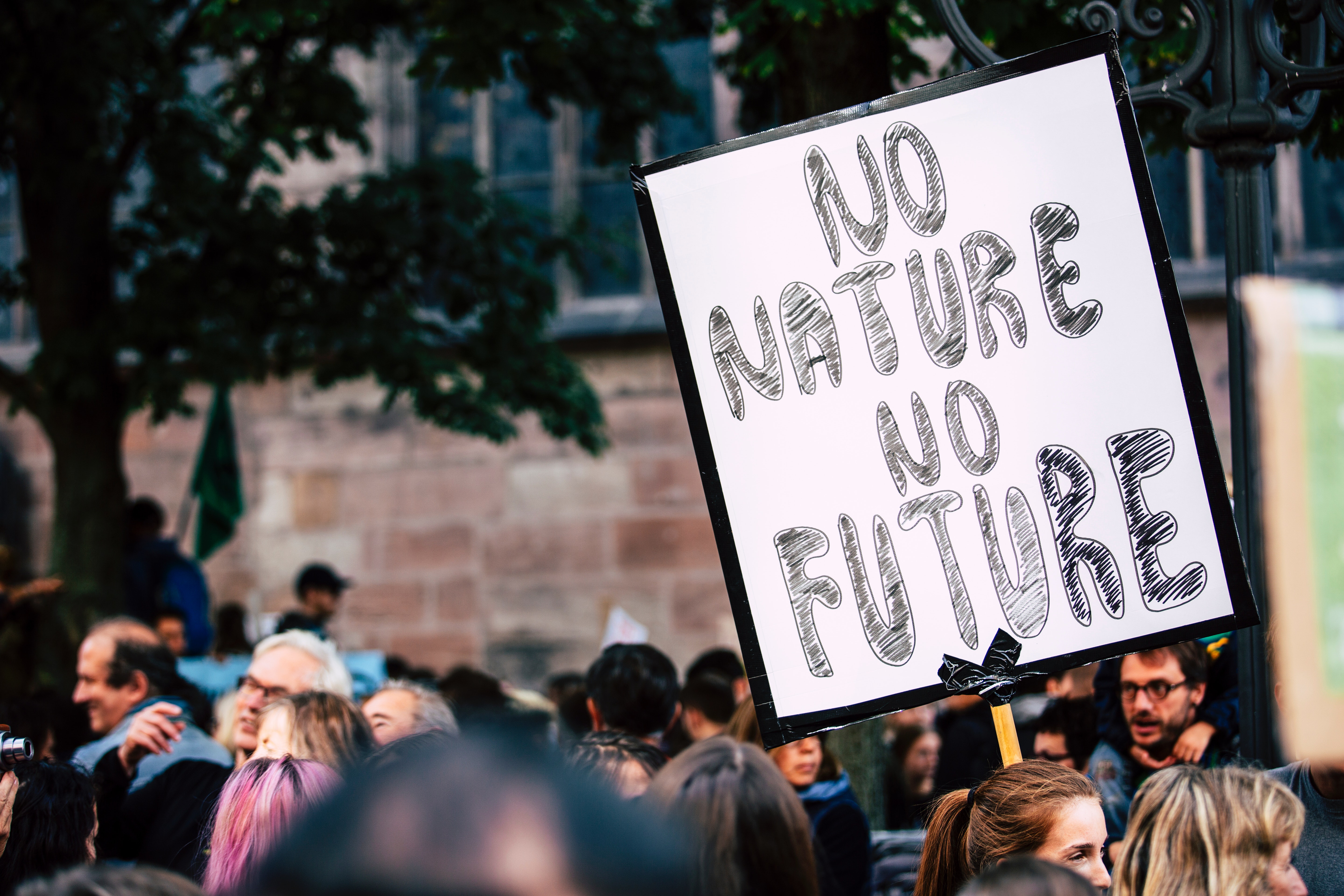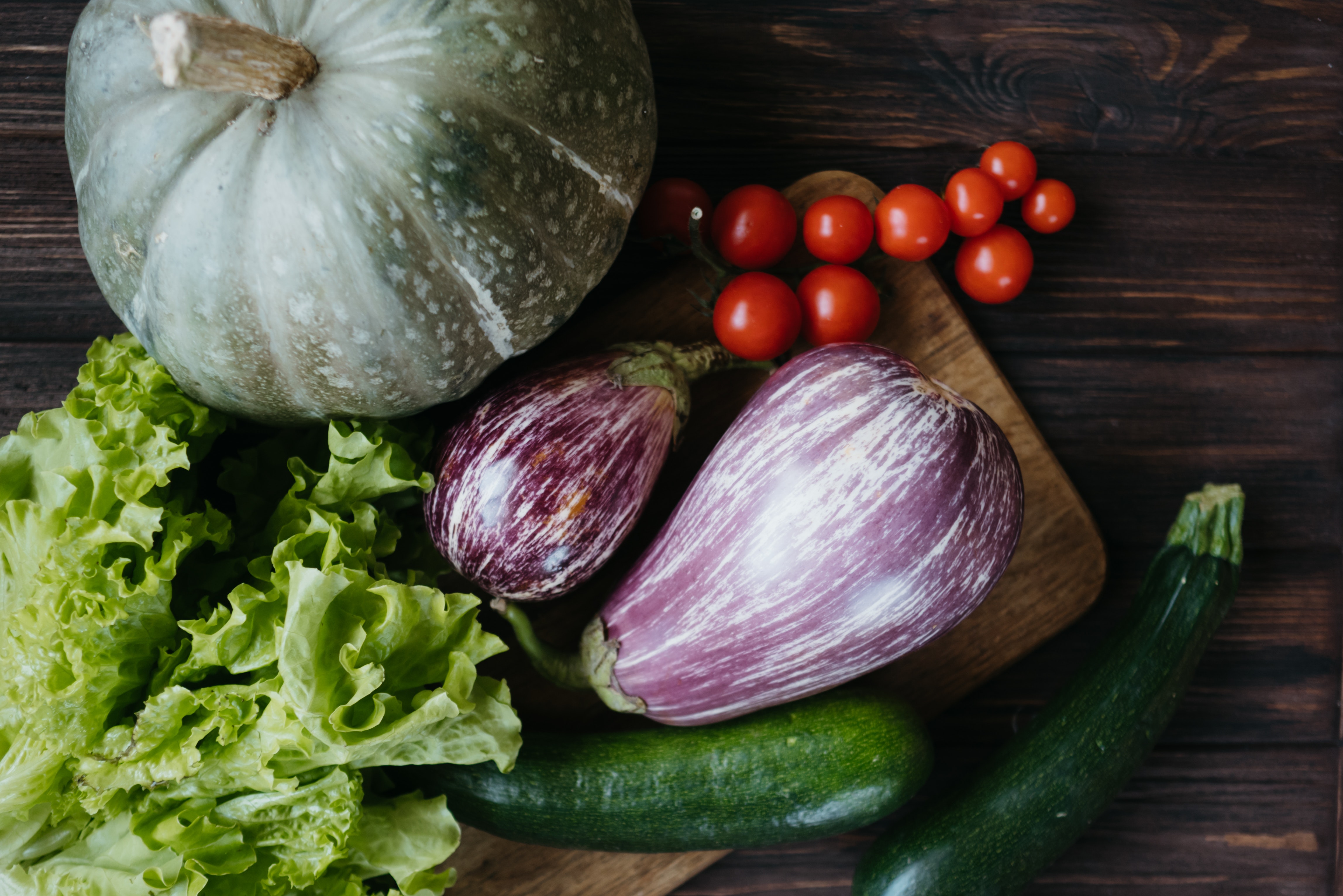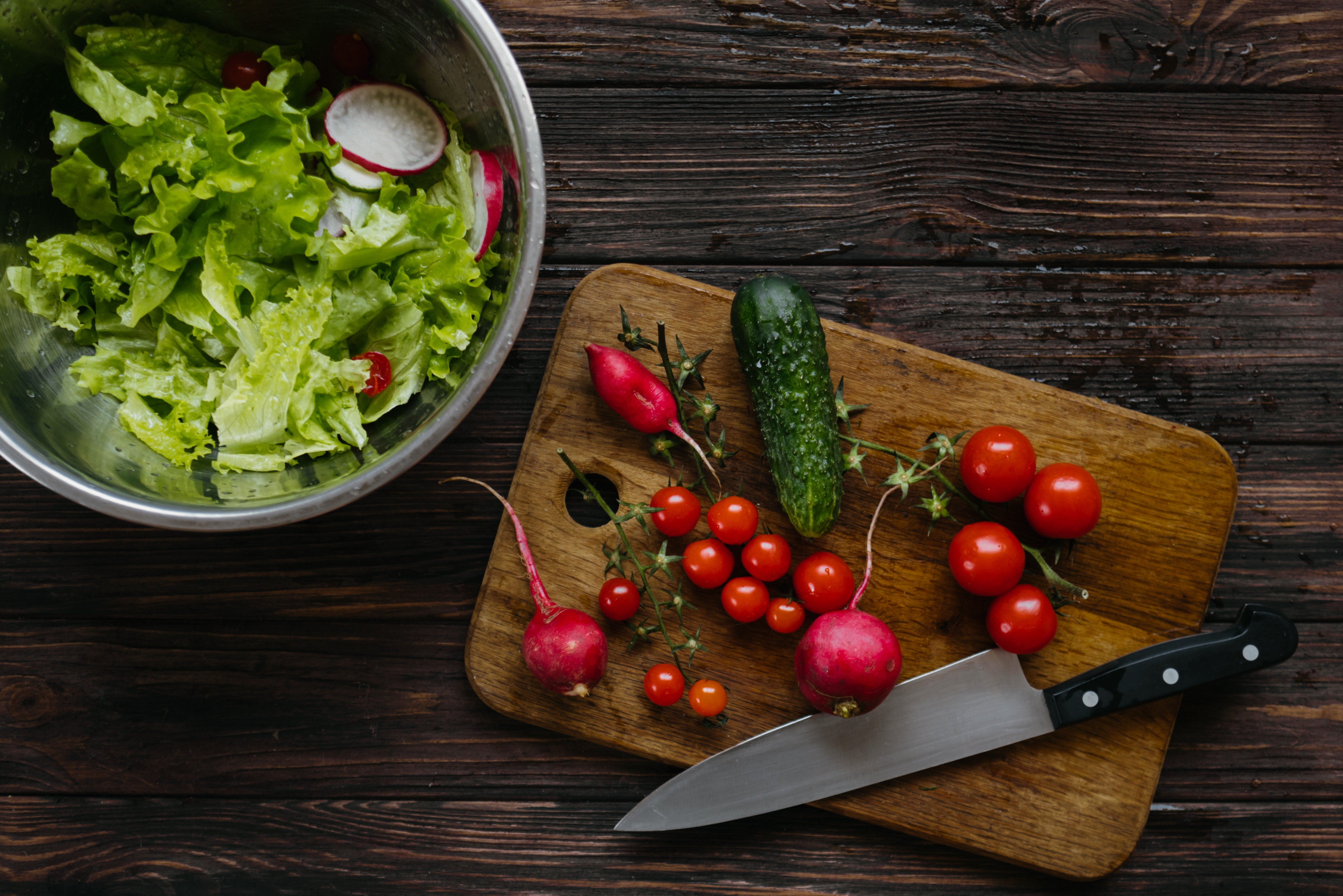
This might sound like a doomsday pronouncement (which we don’t need the extra baggage for, really, given this current pandemic), but it has to be said. The planet is on its way to complete ruin. Scientists predict that should this downward spiral continue, greenhouse gas emissions may go up to 80% in the year 2050, and soon after that, the Earth would no longer be livable.
I know, it sounds like a scene straight from a post-apocalyptic film, but it’s the harsh truth. It’s high time we take huge steps as residents of Mother Earth, and do our best to save it. Want to know the single best thing you can do, according to scientists? It’s simple. Eat more plants.
“A vegan diet is probably the single best way to reduce your impact on planet Earth,” said Joseph Poore, the lead researcher of a 2019 study published in the Journal Science. “It is far bigger than cutting down your flights, or buying an electric car, as these only cut greenhouse emissions,” he said.
Let’s look at some ways a plant-based diet can help save the planet, one plate at a time.

Moreover, livestock such as cows and bogs naturally release methane into the atmosphere. Methane is harmful because it heats the Earth 20 times faster than carbon dioxide, contributing to global warming in a huge way.
According to a 2016 study by the University of Twente in the Netherlands, 4 billion people could face severe water shortages for at least a month every year.
But a lot of water can be saved and preserved by simply reducing or eliminating meat from your diet. Meat and dairy agriculture have a high-water footprint.
Agriculture is “the world’s largest water-consuming sector,” accounting for about 92% of freshwater use, and the meat and dairy sector consumes more water than any other form of agriculture.
Producing a single pound of animal protein requires 100 times more water than producing a pound of grain protein. Producing a gallon of milk requires 1,000 gallons of water. And producing beef, a whopping 1,800 gallons of water.

Research shows adopting a plant-based diet can reduce global agricultural use from 4 to 1 billion hectares, a reduction to about 75%. That’s an area equivalent to US, China, European Union, and Australia combined!
Besides helping remove the pressure to clear new land, eating more plants can help ease out animal suffering. By preserving forests, native ecosystems are restored to increase biodiversity, and save the habitat for endangered species.
There are several documentaries to draw rich insights on this topic, such as Seaspiracy, The Ivory Game, My Octopus Teacher, and Our Planet, all of them pointing to a stark message: if you love animals, then you’ll switch to a plant-based diet.

Small, Baby Steps
If you’ve been eating meat your whole life, you don’t have to give it up entirely. Small, baby steps in reducing your meat intake would go a long way to help the planet. Here are simple plant-based habits you can start.
1. Declare your Monday a Meatless Day
Meatless Monday is a global movement with a simple message: one day a week, skip the meat, and amp up the veggies.
Can one meatless day a week make a difference? Yes! With each meatless meal, you get to save 133 gallons of water, reduce your carbon footprint by 8 pounds, and if you are consistent with Meatless Mondays the entire year, skipping one serving of beef for a year would save the same amount of emissions as driving 348 miles in a car.
2. Reframe the way you think of meat.
Rather than make the meat the star of your plate, use it as a garnish or side dish instead. Make veggies and other delicious protein sources like tofu, or chickpea patties the center of your plate instead. There are so many delicious recipes online, have fun concocting those vegan and plant-based creations!
3. Source your food as locally as possible.
Transporting food contributes to carbon emissions, so it’s a good idea to find a local source for your fresh produce. Try new recipes with seasonal ingredients, and minimize buying and eating processed foods. The fresher, the better it is for your body too!
4. Eat like a rainbow.
Each day, make your plates colorful. Not only is this a surefire way to get as much vitamins and minerals, but also encourages you to eat more plants. Have fun making a plate full of visually appealing colors, and don’t forget to share with your friends on social media.
In essence…
It’s 2021, and the world is still reeling from a worldwide pandemic believed to be caused by hunting and carving up bats. If this is not the wake-up call we need, then I don’t know what else.
One thing’s for sure: plant-based diets will be essential to our planet’s future. Can the Earth be livable in the next decades, and can us humans still live in it? The answer lies in the way we lead our lives now, and the easiest, most effective course of action we can do is to eat more plants.
Tags
References:
https://josephpoore.com/Science%20360%206392%20987%20-%20Accepted%20Manuscript.pdf
https://www.pcrm.org/news/blog/5-ways-vegan-diet-helps-planet
https://www.forbes.com/sites/michaelpellmanrowland/2018/06/12/save-the-planet/?sh=56852ae43c81
https://ourworldindata.org/land-use-diets
https://bearfoottheory.com/vegan-environmental-benefits/
https://www.pinkvilla.com/lifestyle/food-travel/5-ways-plant-based-diet-can-help-save-planet-566191



0 Comments
Trackbacks/Pingbacks